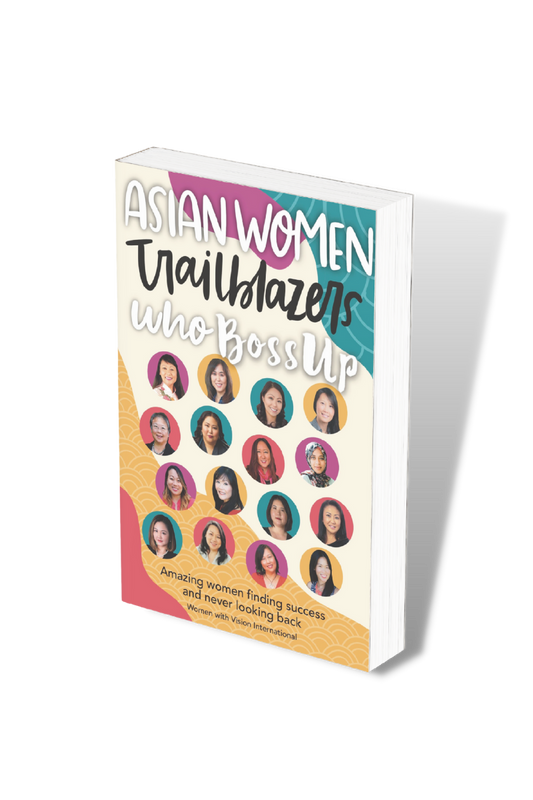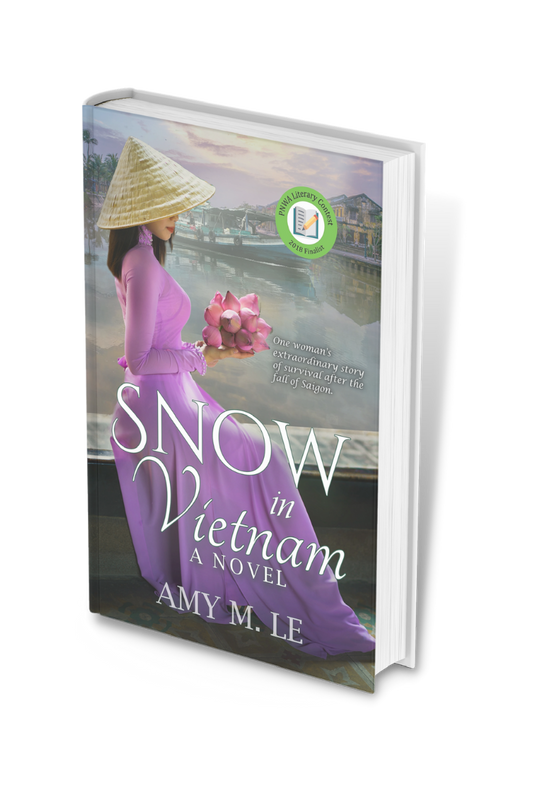Guest blogger, Christina Vo, author of The Veil Between Two Worlds, has been writing most of her life and shares with us her five tips that can help indie writers in their writing careers.
Writing a book is a daunting task. Getting a book published can be even more frustrating. But in the world today, there are many ways your book can find its way into the world, including working with a small press, self-publishing, or collaborating with a hybrid press. Some books might be better suited for an indie publisher, and sometimes writers must be honest with themselves about the best “home” for their book.
Aspiring writers might believe that the “work” is over after you’ve finished your manuscript and found a publishing home. In reality, that’s far from the truth—there’s a lot that needs to be done after publishing your book and through the duration of your writing career. It’s important for every writer to have a bird’s eye view of what it means to be a writer—aside from putting the words down on page.
If you’re an indie writer, even more of the responsibility falls onto you to get your book out there in the world and into the hands of readers, so in many ways this requires even more stamina. To help you with your process, below are five tips that can help indie writers in their writing careers.
You might loathe social media and would rather spend your time working on your book. But remember, your platform isn’t just about social media and extends to your blog, newsletter, website, and any other tool you use to reach your readers and your audience. It’s a way to share your work which, as you know, is essential to a writer’s work.
Instead of being overwhelmed by all the platforms, find one way to connect with others that is meaningful to you—this could involve getting on GoodReads, writing reviews for other authors, and connecting with people there. If you find one avenue that works for you, focus on that rather than dilute your work and your message by trying to be everywhere all the time.
The more you network, the more people will know about you as a writer. But don’t look at networking or connecting with others as a one-sided exchange for you to share your work. If you help others, they will help you too.
Add value to online and offline groups by sharing your expertise and connections with others. If you offer your support, knowledge, and your connections, people will naturally gravitate toward you and share your work as well. There’s a natural flow to giving and receiving which is a fundamental law—whatever you put out there in the world, will somehow come back to you. If you help a fellow writer land a podcast interview, I’m sure they will help you in turn.
There are many ways you can share your work ranging from submitting to blogs, journals, and magazines to creating your own blog, substack, or newsletter. Just like publishing, the nature of sharing shorter pieces of work have opened up immensely. The important thing is to actually get your work out there in the world, which doesn’t even have to just be about writing but could also be speaking about your work on a podcast. It’s also important to get your work out there consistently. By doing this, you will not only be sharing more of your work in the world, you’ll also gain confidence and momentum, which is vital for the development of your writing career.
Writing is a long game. It takes time, perseverance, and commitment to finish a book, and then, after you're done, there’s still work to do. It’s more of a sprint than a marathon, and throughout this journey, you’re inevitably going to face ups and downs. What will help you through this is your dedication to your work and your commitment.
You will be putting yourself out there a lot, and you may receive a handful of rejections. You might even submit your work to a journal and never even receive a response. Do not let this deter you, but look at it as a source of motivation to continue to refine your writing and develop your voice. As long as you know that you’re trying your hardest to do your best work and seeking ways to continually improve, you can focus on that without being attached to an outcome or seeking external validation. Learn to be your own true north in your writing career.
You might only want to write one book, and that’s totally fine. Or, you may be writing books your entire life. It’s important to have an understanding of how you view your writing career. Is there just one story you want to tell, or do you have a million ideas in the back of your mind. If you do indeed feel writing is your career, you can minimize the pressure you put on one specific project, especially your first one. Knowing that you’re committed to your writing will allow you to see the big picture and not suffer from minor setbacks or rejections—which every writer faces in their career.
Finally, the best advice is simply to keep going. Write as much as you can. Network with other writers and readers. Improve your writing. Be proud to share what you’ve written. Let your work get out there in the world without certain expectations about what should happen. Put your ego aside. Write, share, add value, and have confidence that your work will reach the people who will resonate with your words.

About the Author
Christina Vo's debut memoir, The Veil Between Two Worlds: A Memoir of Silence, Loss, and Finding Home, will be published in April 2023. Christina writes to explore her family history, her deeper purpose, and her place in the world. She is currently working on her second memoir.
Christina has lived and worked in Hanoi, Vietnam for international organizations including UNDP, UNICEF, and Solidardad. She was also a community manager for the World Economic Forum in Geneva, Switzerland and ran a floral design business in San Francisco. Her experiences abroad also inform and influence her writing. Christina holds an MSc in social and public communication from the London School of Economics, and currently resides in Santa Fe, New Mexico, the Land of Enchantment. Christina holds a BS in Public Health from UNC Chapel Hill and an MSc in Social and Public Communications from the London School of Economics.






